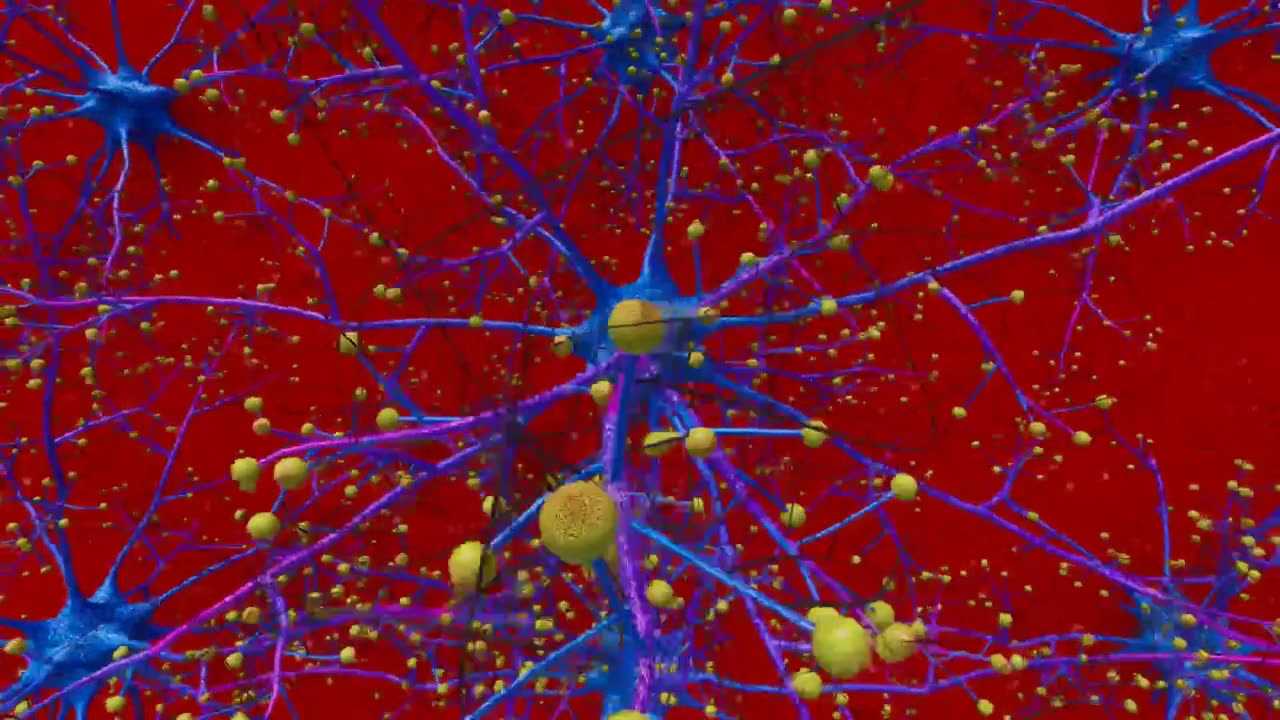Premium Only Content

New Mayo Clinic Research Reveals Molecular Clues to Alzheimer’s Disease
Mayo Clinic researchers have uncovered molecular signatures of blood-brain barrier dysfunction in Alzheimer’s, offering new avenues for diagnosis and treatment based on extensive tissue analysis and cellular studies.
The blood-brain barrier — a network of blood vessels and tissues that nurtures and protects the brain from harmful substances circulating in the blood — is disrupted in Alzheimer’s disease. Researchers at Mayo Clinic, along with their collaborators, have identified unique molecular signatures of this dysfunction, potentially leading to new diagnostic and therapeutic approaches for the disease. Their findings are published in Nature Communications.
“These signatures have high potential to become novel biomarkers that capture brain changes in Alzheimer’s disease,” says senior author Nilüfer Ertekin-Taner, M.D., Ph.D., chair of the Department of Neuroscience at Mayo Clinic and leader of the Genetics of Alzheimer’s Disease and Endophenotypes Laboratory at Mayo Clinic in Florida.
-
 LIVE
LIVE
Badlands Media
11 hours agoBadlands Daily: April 18, 2025
7,886 watching -
 LIVE
LIVE
Caleb Hammer
1 hour agoFinancial Audit’s Thirstiest Guest
166 watching -
 LIVE
LIVE
The Big Mig™
4 hours agoEx-CIA & Founder of Panquake, John Kiriakou
4,577 watching -
 LIVE
LIVE
Viss
1 hour ago🔴LIVE - Taking Wins all Over The PUBG Battleground!
135 watching -
 6:23
6:23
Talk Nerdy Sports - The Ultimate Sports Betting Podcast
1 hour agoGood Friday, Bad News for the Books: Riste’s Cold-Blooded Card
7.99K2 -
 1:04:25
1:04:25
Randi Hipper
1 hour agoXRP ABOUT TO SHOCK YOUR PORTFOLIO! MAJOR RIPPLE NEWS
19.3K2 -
![Tulsi Gabbard Declassifies Biden Admin Docs Targeting ‘Domestic Terrorism’[EP 4524-8AM]](https://1a-1791.com/video/fww1/e3/s8/1/Z/7/-/C/Z7-Cy.0kob-small-Tulsi-Gabbard-Declassifies-.jpg) LIVE
LIVE
The Pete Santilli Show
5 hours agoTulsi Gabbard Declassifies Biden Admin Docs Targeting ‘Domestic Terrorism’[EP 4524-8AM]
1,544 watching -
 1:00:49
1:00:49
2 MIKES LIVE
2 hours agoTHE MIKE SCHWARTZ SHOW with DR. MICHAEL J SCHWARTZ 04-18-2025
19.7K -
 1:22:30
1:22:30
Game On!
16 hours ago $5.05 earnedAaron Rodgers CONFIRMS with Pat McAfee he's NOT retiring... Maybe?
96.7K1 -
 37:09
37:09
Nick Freitas
1 day agoExposing The Worst of the Swamp
92.4K40